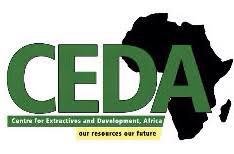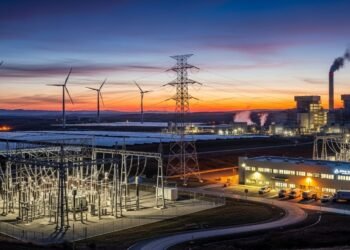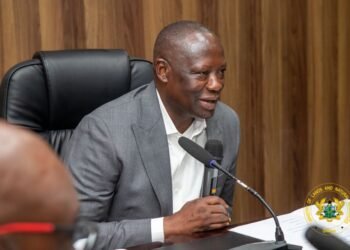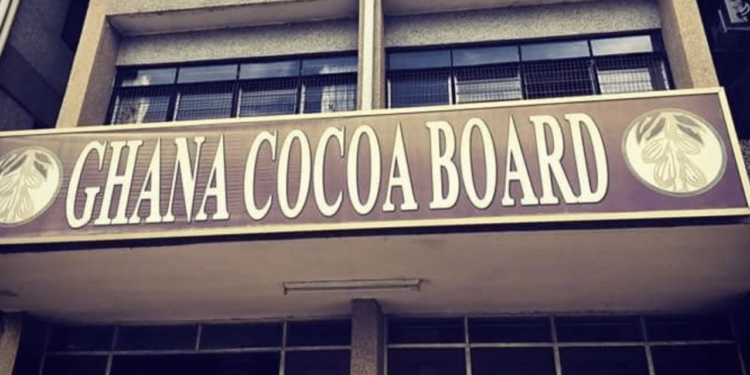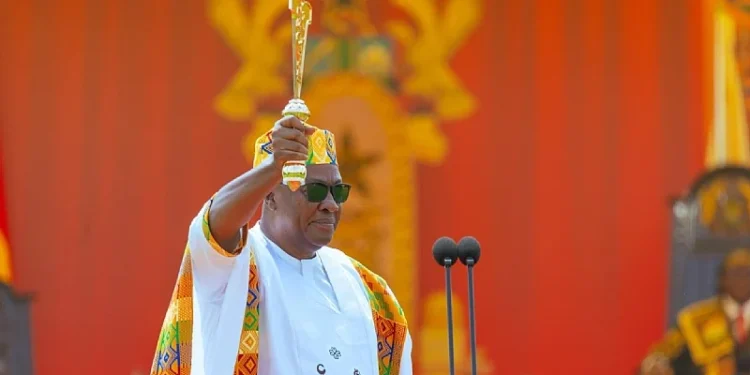The Electricity Company of Ghana (ECG) has submitted a bold proposal to the Public Utilities Regulatory Commission (PURC), seeking a 225% increase in its Distribution Service Charge (DSC1) over the 2025–2029 tariff period.
If approved, the charge will rise from GH₵0.190384 per kilowatt-hour (kWh) to GH₵0.618028/kWh, marking one of the steepest tariff adjustments in Ghana’s energy sector in recent years.
ECG argues that the hike is the only way to avert financial collapse, reduce chronic outages, and secure the company’s long-term survival.
“The current tariff structure has become unsustainable, threatening both operations and service delivery.”
Electricity Company of Ghana (ECG)
The utility, which serves more than 73% of Ghana’s population and nearly five million customers, explained that the “DSC1 currently accounts for only 11% of the total electricity value chain cost, compared to the global benchmark of 30–33%.”
The financial pressure has been compounded by Ghana’s macroeconomic challenges. Between 2022 and 2024, the cedi depreciated by about 74%, slashing the real value of ECG’s revenues by 45%.
Without corrective measures, the company warns that its operations could grind to a halt, placing the country’s electricity supply in jeopardy.
Infrastructure Investment and Service Reliability

ECG insists that the proposed tariff adjustment is not merely about survival but about transforming service delivery.
Since 2022, the company says it has invested US$408 million in building new substations, automating parts of its network, and rolling out more than one million smart meters.
“With the proposed tariff, ECG will continue these investments and expand them to ensure a tangible reduction in outages and better customer service.”
Electricity Company of Ghana (ECG)
The company projects significant improvements in reliability if the new rates are approved. The System Average Interruption Duration Index (SAIDI) – a measure of how long customers experience outages – is expected to fall from 32.5 hours in 2024 to 19.2 hours by 2029.
Similarly, the System Average Interruption Frequency Index (SAIFI), which tracks how often outages occur, is projected to drop from 16 to 9 within the same period.
Other targets include cutting system losses from 27% to 22% and raising revenue collection efficiency from 87% to more than 90%.
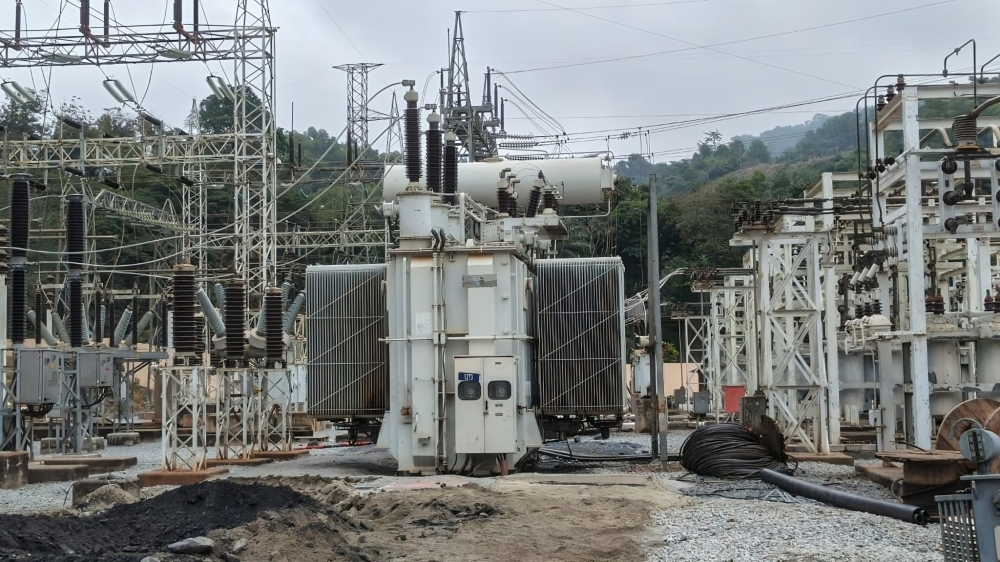
ECG has sought to assure customers that higher tariffs will translate into visible improvements in service.
Among its pledges are the rollout of three million additional smart meters to ensure accurate billing and prevent electricity theft, the free replacement of faulty meters, and quicker resolution of customer complaints. The company also promised improvements in voltage supply stability.
“Ghanaians have consistently demanded better service.
“This tariff proposal is tied directly to investments that will reduce outages, ensure fair billing, and enhance customer care.”
Electricity Company of Ghana (ECG)
The utility is also doubling down on digital solutions. Its ECG Power App is being promoted as a one-stop shop for purchasing credit, checking balances, and lodging complaints without the need to visit a physical office.
Reducing Dependence on Government Bailouts
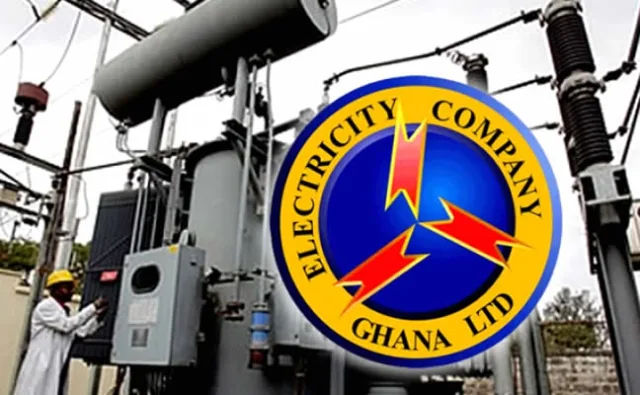
ECG emphasised that a cost-reflective tariff is essential to ending its reliance on government bailouts.
“Every year, public funds are used to prop up ECG because tariffs are kept artificially low.
“Approving this proposal will free up government resources for other national priorities such as education, health, and infrastructure.”
Electricity Company of Ghana (ECG)
The final decision now lies with the Public Utilities Regulatory Commission, which is mandated to review tariff proposals and engage in public consultations before implementing any changes.
PURC is expected to hold hearings to gather input from industry players, consumer groups, and the general public.
Any adjustment to tariffs will only take effect after PURC’s approval and a formal announcement.
As Ghanaians await PURC’s verdict, the debate underscores the difficult balance between ensuring affordable electricity for consumers and securing the financial health of a company that powers nearly three-quarters of the nation.
READ ALSO: Investors Snub T-Bills As Government Struggles to Raise GH¢6.7bn, Settles for GH¢3.2bn





